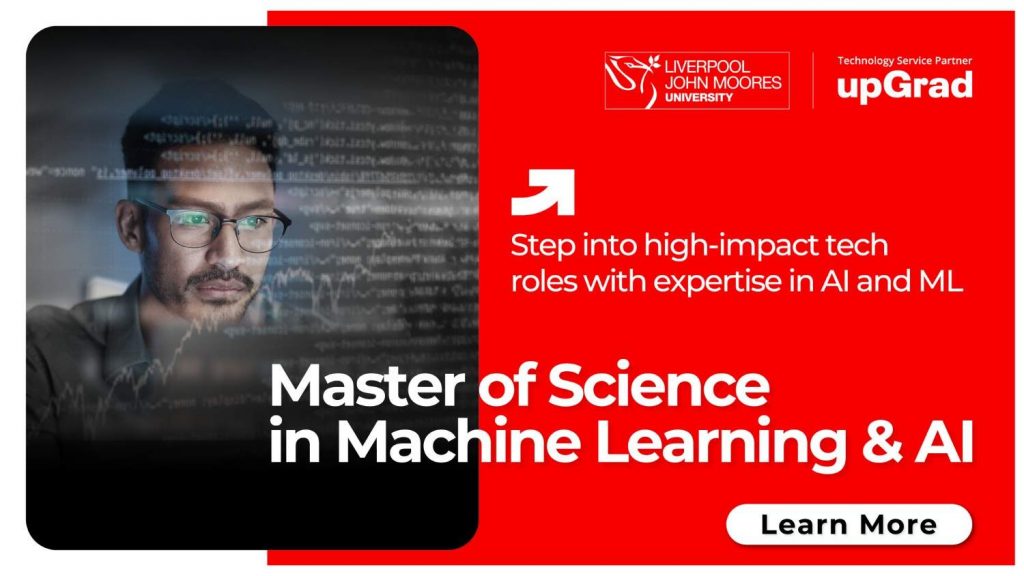In the dynamic field of Machine Learning (ML), which has reconfigured how we tackle intricate tasks such as image recognition and natural language processing, two foundational concepts consistently surface – ML Models and ML Algorithms.
Though closely intertwined, these terms fulfill distinct roles in constructing and implementing ML systems. This article will explore the differences between ML Models and ML Algorithms.
Defining Machine Learning Models and Machine Learning Algorithms
Machine learning (ML) projects culminate in ML Models. Envision the ML models as tangible, functional components within an ML system. Training these models with data, they function as the “brains” of the operation. Common embodiments are image classifiers, recommendation systems, and speech recognition systems.
On the other hand, ML Algorithms function as the foundational procedures or methodologies that facilitate learning from data in ML models. They can be conceptualized as “recipes” dictating the training and prediction-making processes of these models.
Serving essentially like a dynamic engine behind it, these algorithms regulate how such patterns decipher relationships within massive data collections. Examples of ML algorithms encompass linear regression, decision trees, and neural networks.
Essential Features of Machine Learning Models
Now, we shall scrutinize Machine Learning Models and their primary characteristics:
1. Application-Specific
ML Models are task-specific; for instance, a model developed to discern cats within images would not serve efficiently in translating languages. Such complexities require specialized models.
2. Complexity of the Model
Depending on the problem’s complexity, ML models can range from simple linear regression models to complex deep neural networks.
3. Patterns Learned
During the training phase, Machine Learning Models master patterns and relationships from data. Subsequently, they employ these learned patterns to formulate predictions or decisions.
4. Deployment
We deploy ML models in real-world applications, such as recommendation systems on e-commerce websites or autonomous vehicles. These tools significantly enhance the efficiency and effectiveness of digital processes.

Crucial Characteristics of Machine Learning Algorithms
Let us now delve into the central traits of ML algorithms:
1. General Techniques
General techniques like Machine Learning algorithms can be applied diversely to numerous ML problems. For instance, decision trees, a prime example, may effectively be utilized in both classification and regression tasks.
2. Mathematical Foundations
These algorithms use mathematical and statistical principles to analyze and interpret data, the basis of their construction.
3. The Process of Training
Driving the training process, Machine Learning Algorithms iteratively adjust model parameters to minimize prediction errors. It is a task they execute with vigor and precision.
4. Selection of the Model
Data scientists make selections of ML Algorithms based on an assortment of factors. Data type, problem complexity, and desired model behavior are chief among these considerations.
Conclusion
In machine learning, ML Models and ML Algorithms maintain an indissoluble relation. Yet, they have distinct roles. ML Algorithms furnish the means through which ML Models learn and subsequently make predictions.
Comprehending this difference proves pivotal for every individual engaged in machine learning, from data scientists who generate algorithms to developers implementing these models into applications.
FAQs
1. What distinguishes ML Models from ML Algorithms?
Models predict, and algorithms, on the other hand, empower models to learn from data.
- Is it possible to utilize one Machine Learning algorithm across various ML models?
ML algorithms exhibit remarkable versatility. They can be aptly applied to numerous machine-learning issues.
- Can we interchange “ML Models” and “ML Algorithms”?
They are not the same. Models represent outcomes, whilst algorithms imply the methods applied in machine learning.




















